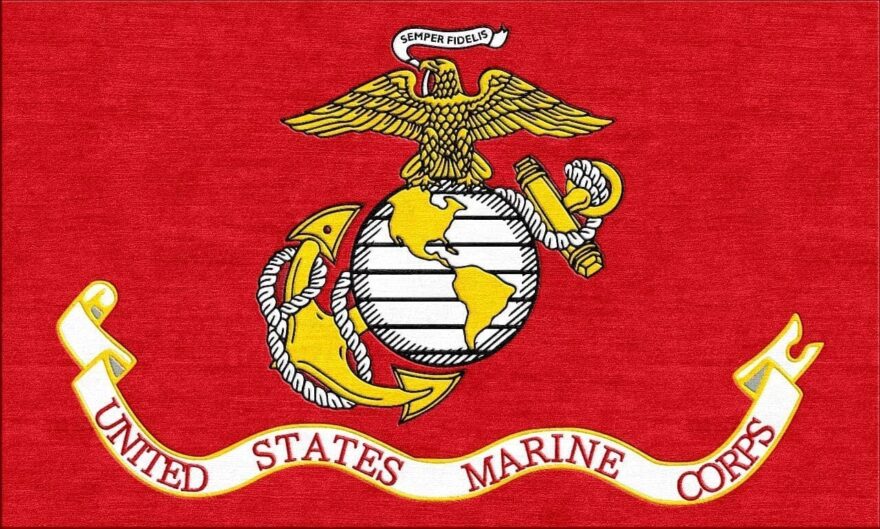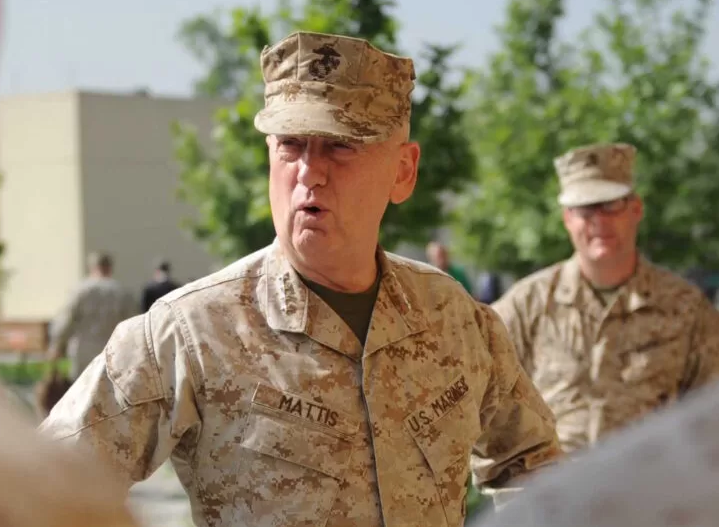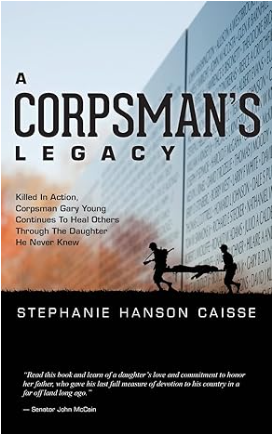By VICTOR DAVIS HANSON, NEW YORK POST
HBO’s 10-part series on the Pacific campaign of World War Two just ended. That story of island-hopping was mostly about how the old breed of US Marines fought diehard Japanese infantrymen face-to-face in places like Guadalcanal, Tarawa, Saipan, Iwo Jima, Guam and Okinawa. No one can question the Marine Corps’ record of having defeated the most savage infantrymen of the age, shattering the myth of Japanese military invincibility.
Since World War Two, the Marines have turned up almost anywhere that America finds itself in a jam against supposedly unconquerable enemies — in bloody places like Inchon and the Chosin Reservoir in Korea, at Hue and Khe Sanh during the Vietnam War, at the two bloody sieges of Fallujah in Iraq and now in Afghanistan.
Over the last two centuries, two truths have emerged about the Corps. One, they defeat the toughest of America’s adversaries under the worst of conditions. And two, periodically their way of doing things — and their eccentric culture of self-regard — so bothers our military planners that some higher-ups try to curb their independence or end the Corps altogether.
After the Pacific fighting, Defense Secretary Louis Johnson wanted to disband the Corps. What good were amphibious landings in the nuclear age? Johnson asked. His boss, President Harry Truman, agreed and didn’t like the cocky Marines either. Then came Korea — and suddenly the Pentagon wanted more Marines.
The fighting against hard-core North Korean and Communist Chinese veterans was as nasty as anything seen in three millennia of organized warfare. The antiquated idea of landing on beaches once again proved a smart way to outflank the enemy.
The Marines survived Korea, Louis Johnson and Harry Truman — and continued to carve out their own logistics, air-support and tactical doctrine. Marine self-sufficiency was due to lingering distrust dating back to the lack of air and naval support in World War Two, and to Marine paranoia that the other services liked their combative spirit but not their independence.
We are once again seeing one of those periodic re-examinations of the Corps. This time, the old stereotype of the lone-ranger, gung-ho Marines supposedly doesn’t fit too well with fighting sophisticated urban counterinsurgency under an integrated, international command.
After all, America is fighting wars in which we rarely hear of the number of enemy dead, but a great deal about the need to rebuild cities and infrastructure. In Afghanistan, there have been rumors about a new medal for “courageous restraint” to honor soldiers who hesitated pulling the trigger against the enemy out of concern about harming civilians.
The Marines are now starting to redeploy to Afghanistan from Iraq and are building a huge base in Delaram. They plan to win over southern Afghanistan’s remote, wild Nimruz province that heretofore has been mostly a no-go Taliban stronghold.
While NATO forces concentrate on Afghanistan’s major cities, the Marines think they can win over local populations their way, take on and defeat the Taliban and bring all of Nimruz back from the brink — with their trademark warning “no better friend, no worse enemy.” So once again, the Marines are convinced that their own ingenuity and audacity can succeed where others have failed. And once again, not everyone agrees.
The US ambassador to Afghanistan, retired three-star Army Gen. Karl W. Eikenberry, reportedly made a comment about there being 41 nations serving in Afghanistan — and a 42nd composed of the Marine Corps. The Washington Post quoted an unnamed Obama administration official as saying, “We have better operational coherence with virtually all of our NATO allies than we have with the US Marine Corps.”
Some officials call the new Marine enclave in Nimruz Province “Marinestan” — as if, out of a Kipling or Conrad novel, the Marines have gone rogue to set up their own independent province of operations.
Yet once again, it would be wise not to tamper with the independence of the Marine Corps, given that its methods of training, deployment, fighting, counterinsurgency and conventional warfare usually pay off in the end.
The technological and political face of war is always changing. But its essence — organized violence to achieve political ends — is no different from antiquity. Conflict will remain the same as long as human nature does as well.
The Marines have always best understood that. And from the Marines’ initial mission against the Barbary Pirates to the battles in Fallujah, Americans have wanted a maverick Marine Corps — a sort of insurance policy that kept them safe, just in case.
Victor Davis Hanson is a classicist and historian at the Hoover Institution.
Source – https://www.nypost.com/p/news/opinion/opedcolumnists/marines_still_the_mavericks_we_need_OUW9Xa9UNxwJ0EGDnNdBVK

 Our legacy lives through the stories we tell. The Suck Life wants yours! Make Chesty proud!
Our legacy lives through the stories we tell. The Suck Life wants yours! Make Chesty proud!



 Semper Fidelis
Semper Fidelis




>I will never understand the audacity of those outside of an organization — one highly skilled and successful at their craft — thinking that they somehow "know better" or that perhaps the ways and methods employed by said organization aren't politically or socially acceptable.
You want to know what I find politically, socially, intellectually and spiritually unacceptable? A world where fascists of ANY race, creed, religion or nationality are allowed free reign over a captive populace.
I firmly believe that you should always use the absolute best resource available to accomplish a goal or complete a task. Looking at their history, I would say the U.S. Marine Corp is an exceptional resource for completing certain tasks an accomplishing certain goals — especially if that task or goal happens to involve the elimination of human threats to our ideals, lives or civilization. The idea of a medal for "restraint" shown in combat seems so counter-intuitive to me it borders on the surreal. I'm no military strategist, but I believe one does not win armed conflicts — from skirmishes to full-fledged multi-theater battles — by not pulling a trigger.
I guess what I'm trying to say is this: If it ain't broke, don't fix it…and if you aren't part of a highly-successful organization, then you should NOT get a voice in deciding how that organization operates or conducts it business.
Lastly, I would like to add this story. I have not served in our Armed Forces. I make no claim to understanding the true and real sacrifices these brave young men and women make, every day — up to and including their precious blood, bodies and even lives — so that we as a nation may live free from the yoke of any would-be fascists that would seek to do us harm. But I honor them, in the ways I can. I came upon a soldier in fatigues at Walmart last night, stopped, offered him my hand and simply said, "Thank you." The young man, the stereotypical American Badass, seemed taken aback for a brief moment, then took my hand, shook it, firmly, then simply said, "You're welcome." We nodded at each other and went our separate ways. Love our country. Respect those who serve. Honor their traditions and the memories of those who gave everything for all of us.